Liberal MPs split over taking a stand on Indigenous voice to parliament
MPs are divided over whether Peter Dutton should adopt a formal position after Andrew Gee quit the Nationals over its stance.
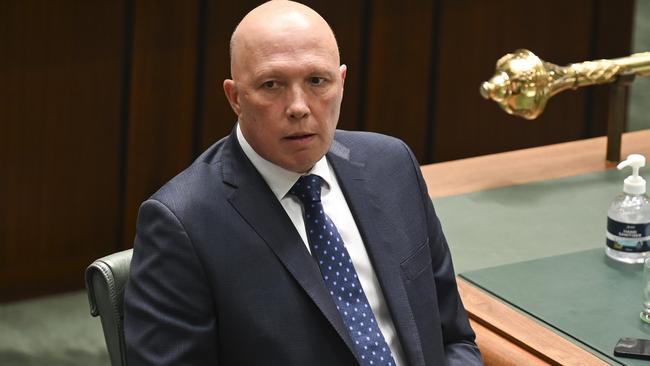
Liberal MPs are divided over whether Peter Dutton should adopt a formal position on the Voice to parliament after Andrew Gee resigned from the Nationals to protest against the regional party’s formal opposition to the constitutional shake-up.
One of the leaders of the campaign against the Voice, Warren Mundine, challenged the reasons for Mr Gee’s decision to resign and questioned whether he had problems with Aboriginal Northern Territory Senator Jacinta Price, a leading opponent of the voice, sitting in the Nationals’ party room.
Mr Mundine also revealed the campaign against the Voice would “bring out a whole range” of Aboriginal figures in the new year who were opposed to the proposal, including from regional and remote communities.
“We had a handful of people,” he said. “But now there’s more coming out every day … This is going to be a fight to the death.”
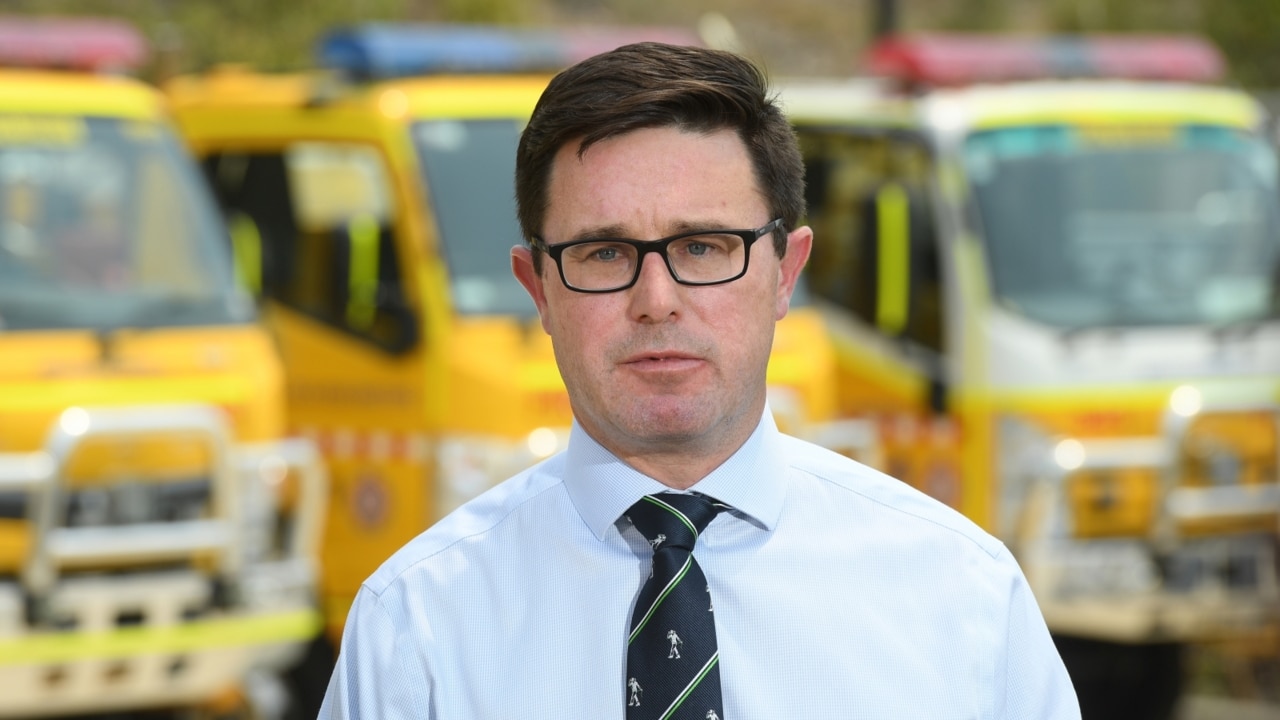
NSW Liberal moderate Andrew Bragg – who has pushed for a parliamentary inquiry to build consensus on the question, wording, model and scope of the Voice – said it was important for the Liberal Party to avoid embracing a formal position ahead of the referendum.
“Historically, the Liberal Party has not had binding positions on its members and senators. I would expect that position to be maintained. That recognises it’s up to the people – not the politicians,” he said.
But Senator Bragg said the government needed to provide more detail on how its proposal would work and warned his support could not be taken for granted. “I’m not giving a blank cheque,” he said. “I don’t think there’s been enough effort to build consensus, to present the complete picture.”
South Australian conservative senator Alex Antic offered a different view, arguing the Liberal party should come to a formal position to oppose the Voice and take a principled stand on values.
“The Voice is nothing but a distraction and will have no bearing on the difficult issues facing Aboriginal communities,” he said. “Australians should not be guilted into accepting the bricking-in of racial divisions into our constitution.”
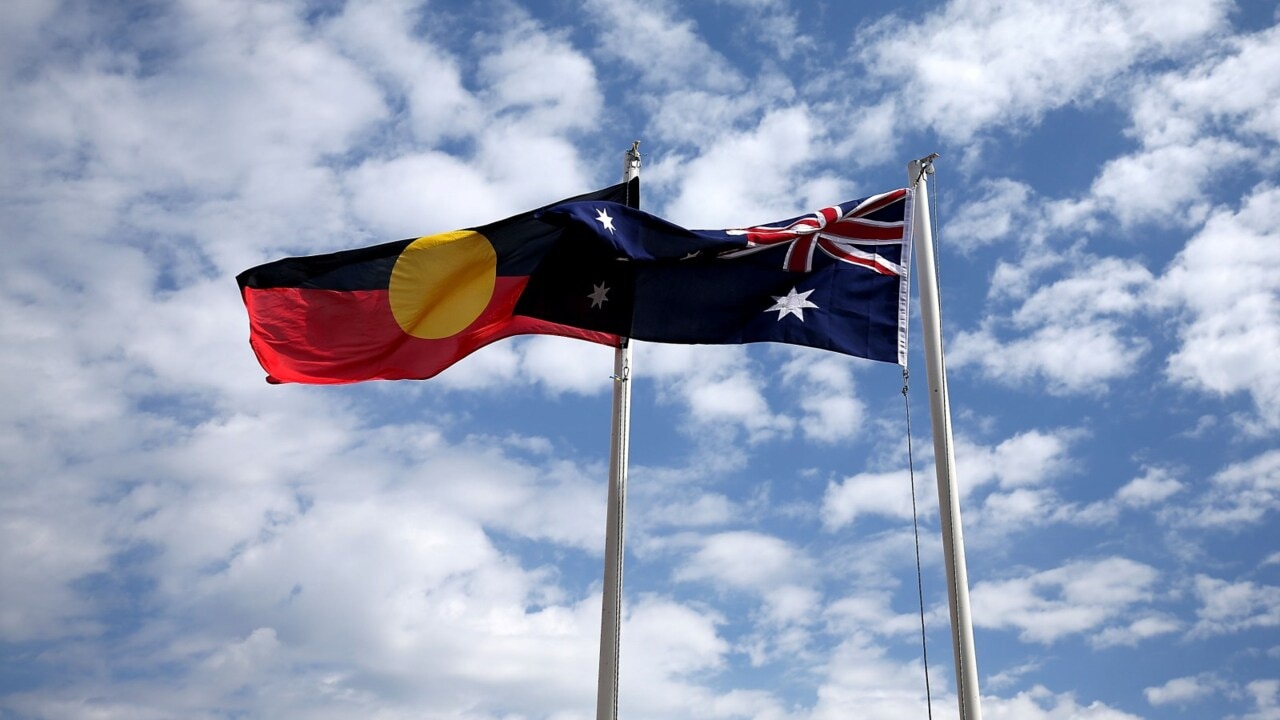
“I oppose the Voice to parliament and it is my belief that the Coalition should oppose it too.”
Opposition spokesman for Indigenous Australians, Julian Leeser, said the Liberal Party was “yet to make a decision.”
“We want as much detail as possible,” he said.
“The previous government commissioned the co-design process and committed $38m to roll out local and regional voices.
“It is our profound disappointment that the government has not acted on that.
“For a long time I’ve been supportive of the idea of a Voice – but I’m appalled at the government’s grandstanding and its serious lack of consultation.
“Some might think this is about the Opposition’s process but the real issue is the government’s lack of process and its lack of detail.”
In a rare intervention, former Liberal prime minister John Howard last month spoke out to warn it would be “unwise” and a political mistake for the Liberal and National parties to offer their MPs a free vote or conscience stance on the referendum for a voice to parliament.
“I would counsel the Coalition against having a free vote,” he said. “I think there are substantial arguments against the Voice.”
“My sense is that people are suspicious of the idea of a Voice. I don’t get the impression the voice is something that is going to unite the country the way the 1967 referendum did,” he said.
Mr Mundine said the Liberal Party had not arrived at a position on the Voice and he would understand if it opted not to take a side ahead of the referendum. But he warned all Labor members were already locked in to a position of support. “They don’t have a choice,” he said.
Last week, Anthony Albanese said he did not need to provide a conscience vote for his MPs because “everyone in the Labor Party is of a common view.”
“A Voice to parliament is not a radical proposition. It’s a gracious offer to recognise and give respect to Indigenous Australians,” he said.
More Coverage
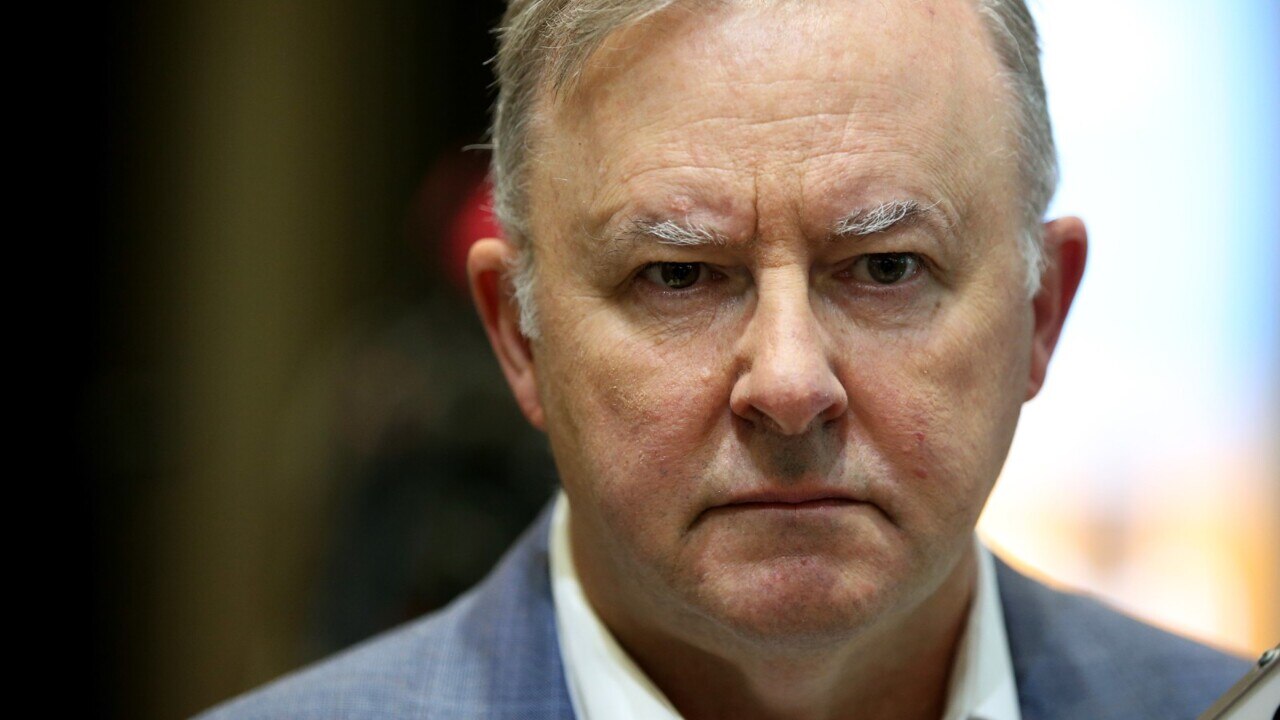




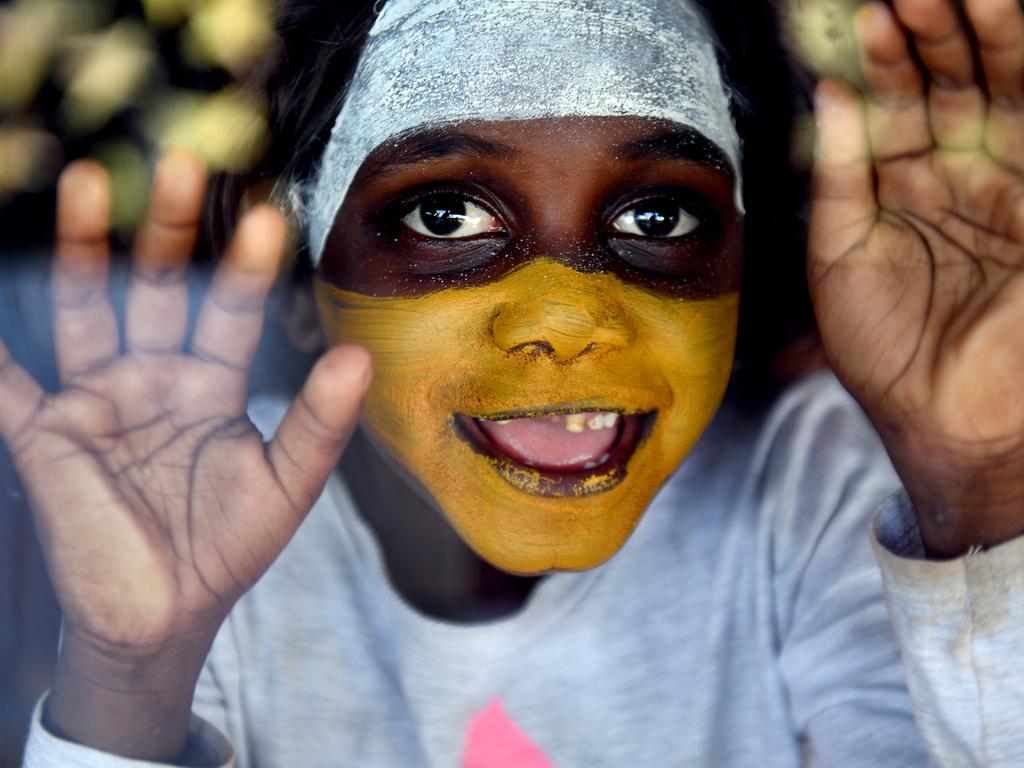



To join the conversation, please log in. Don't have an account? Register
Join the conversation, you are commenting as Logout